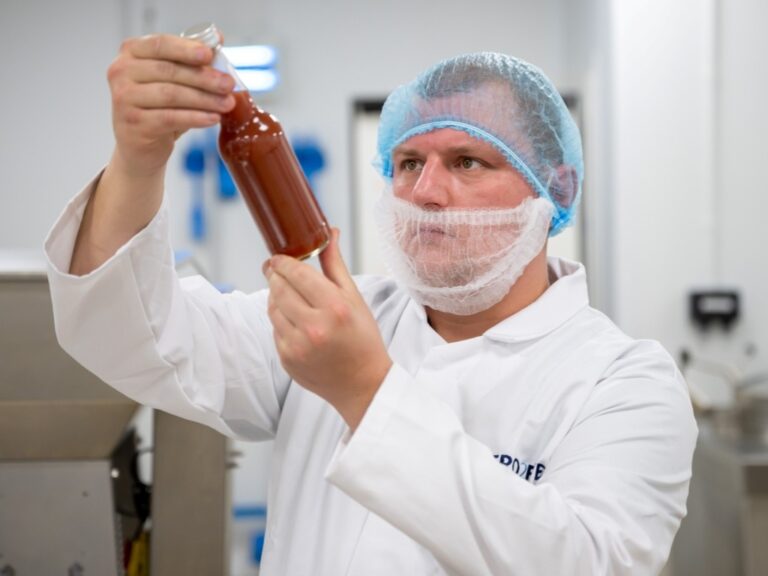Food businesses in Wales are battling unprecedented cost pressures, from spiralling energy bills to volatile raw material prices, all while consumers demand competitive pricing. This tight squeeze on margins often overlooks a silent, yet significant, drain on profitability: waste. It directly inflates costs across energy, ingredients, transport, and packaging.
Waste mapping can be a powerful tool, enabling food producers to proactively pinpoint these hidden losses. It enables businesses to streamline processes and improve the staff culture around waste, delivering greater efficiency and profitability.
Collecting data regarding waste is vitally important to be able to identify key areas for improvement, helping to analyse the effectiveness of different interventions and creating a culture of continuous improvement.
Beyond the immediate financial gains, the drive to reduce waste directly aligns with critical environmental targets and evolving regulations. The UK’s net-zero goals necessitate that businesses comprehensively address all sources of greenhouse gases, with waste being a key contributor. The introduction of mandatory food waste reporting, and an expected new ISO standard for managing waste means robust systems for tracking and reducing waste are becoming ever more important. And new Extended Producer Responsibility (EPR) regulations for packaging will also start to shift greater responsibility onto producers for the entire lifecycle of their packaging, incentivising waste reduction and enhanced recyclability.
The growing consumer demand for sustainability also means there is a commercial advantage to waste reduction efforts as an opportunity to demonstrate environmental responsibility.
Real-world successes from the Welsh Government’s HELIX Programme that we deliver at ZERO2FIVE demonstrate the potential impact of taking control of waste.
For example, a specialist food manufacturer significantly reduced annual waste by nearly 18 tonnes, identifying potential savings over £125,000 through a process review, staff training, and fostering an accountable waste culture. Another food service manufacturer, by implementing strategic training, re-evaluating storage, and reviewing packaging, will be able to cut annual waste by an impressive 57 tonnes, resulting in potential savings of more than £250,000. The programme also helps businesses find new income streams from waste, as seen with a brewery that transformed spent grain into a new range of dog biscuits by using our support to develop a new bakery operation.
While calling in waste expertise and support offers significant advantages, there are some practical measures that any business can use to start a waste reduction journey. As a starting point, at ZERO2FIVE we’ve developed the W.A.S.T.E. framework:
First, ‘Walk the process’ to gain a comprehensive understanding of operations, including products, staff interactions, and key areas for effective waste data collection.
Next, ‘Analyse findings’ by reviewing and analysing the gathered data. This provides invaluable insights for identifying specific waste streams and ensuring accuracy.
Then, ‘Set targets’ by establishing clear waste targets and standards.
‘Train staff’ to foster a positive and engaged waste culture and ensure accountability in waste reduction across the workforce.
Finally, ‘Evaluate results’ to assess whether the implemented changes have yielded the desired effect. If not, the process should be revisited and refined.
Our process waste services can be fully or part funded for food and drink businesses in Wales, through the Welsh Government’s HELIX Programme. This enables us to offer support to identify and control waste points within manufacturing processes, covering everything from food and packaging to energy consumption. Our programme helps develop and implement practical tools for waste measurement and reduction, alongside comprehensive training and initiatives to cultivate a more positive and accountable waste culture.
Gavin Taylor, Senior Process Waste Technologist


